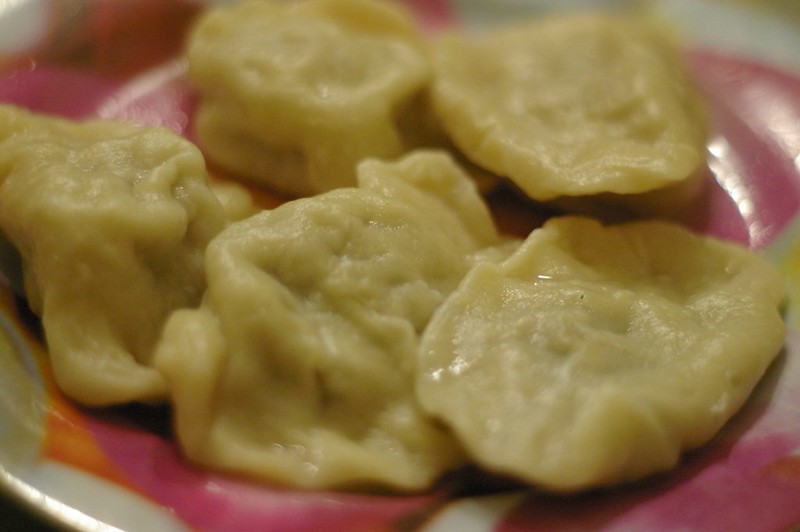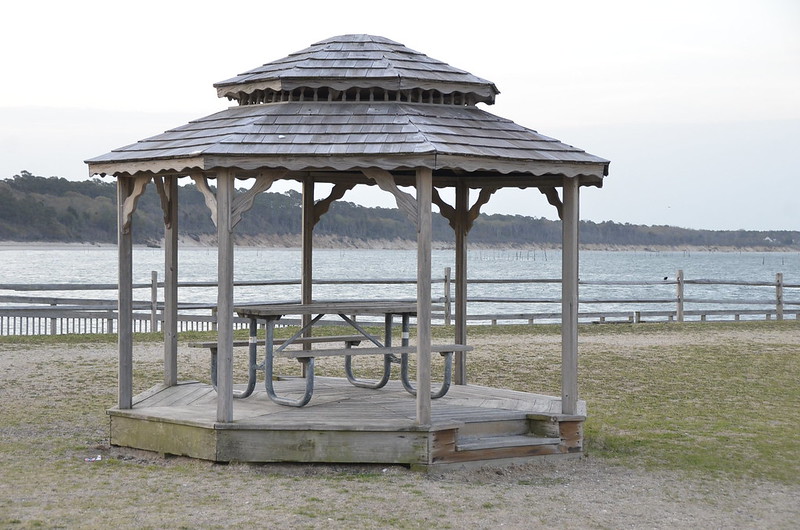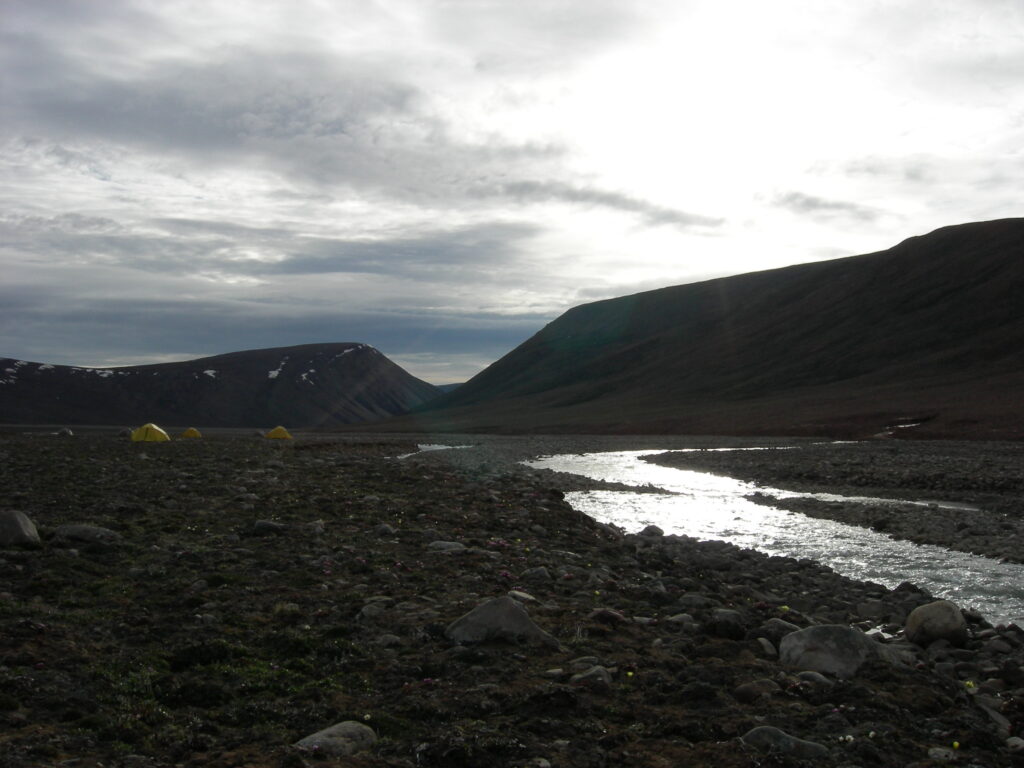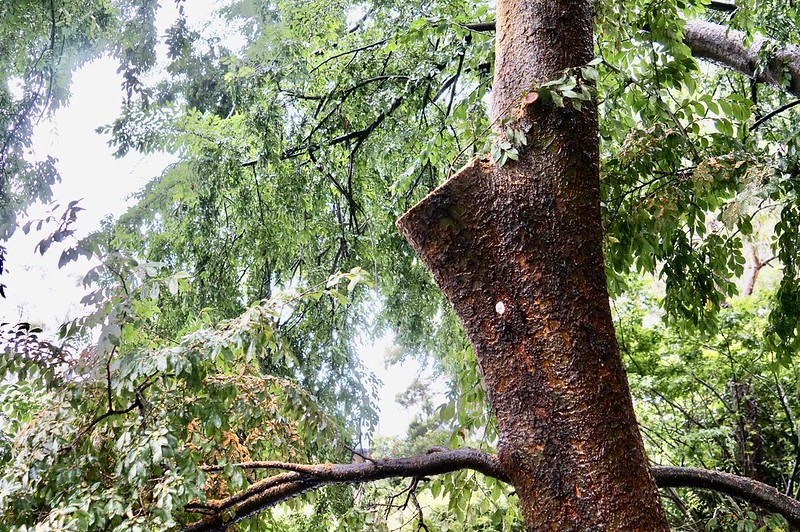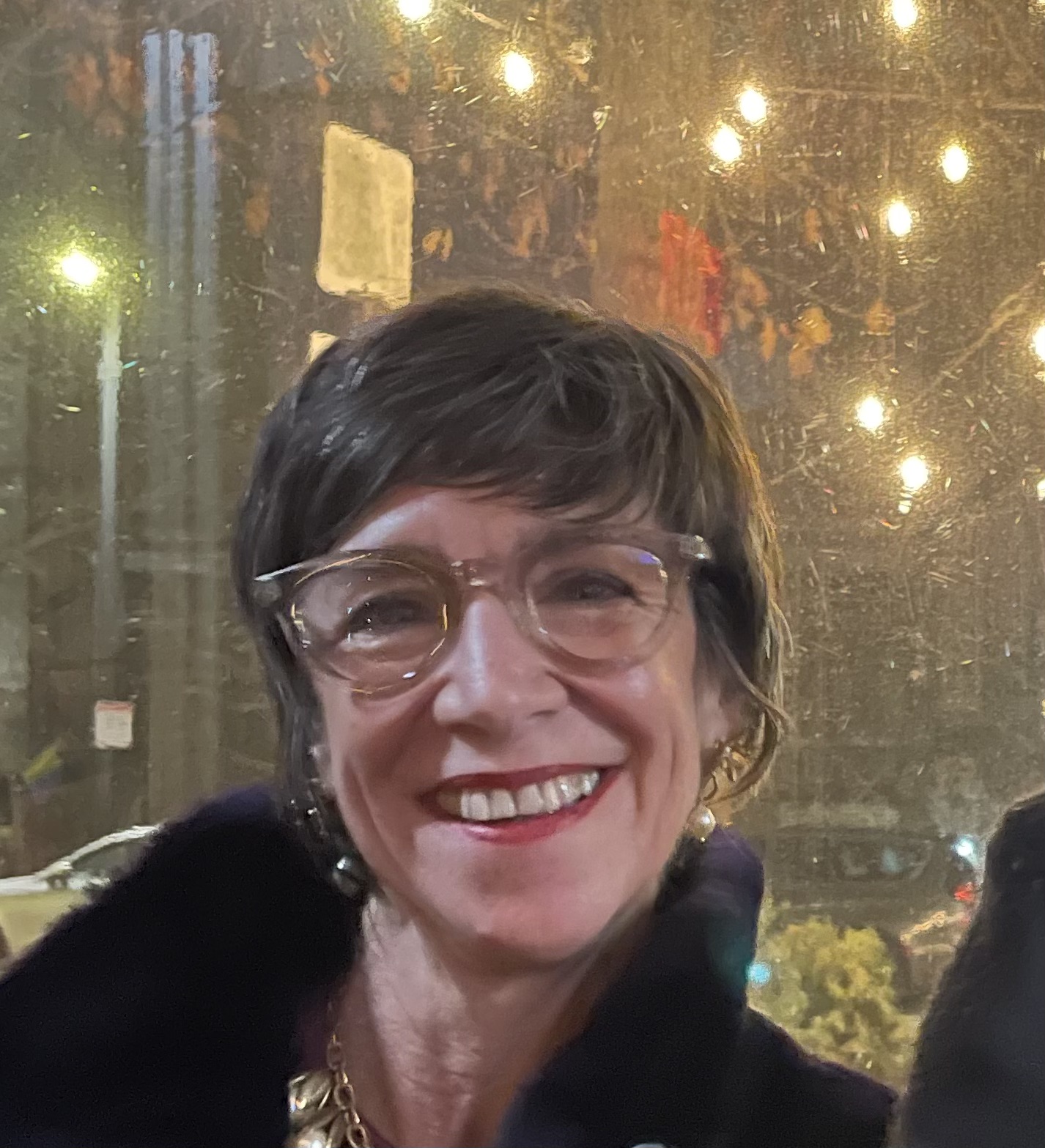 Phoenix, AZ
Phoenix, AZ
Camelback’s faces wither in the sun. I used to hate Arizona and coming here and then I moved here and hated it and left and now all I think about is a good summer day and the lazy way a person can be themselves sifting through the desert, eating pizza, all that kind of stuff anyone does anywhere else, except then this mountain Camelback is available to burn off all those cheese calories. And that’s not the same everywhere. There is a part of me who everyday thinks of being back in Arizona walking around blistering days, laughing how when I had them to myself, I had thought this was the end of the line, that there had never been a worse place on earth. That’s mid-thirties type clarity.

